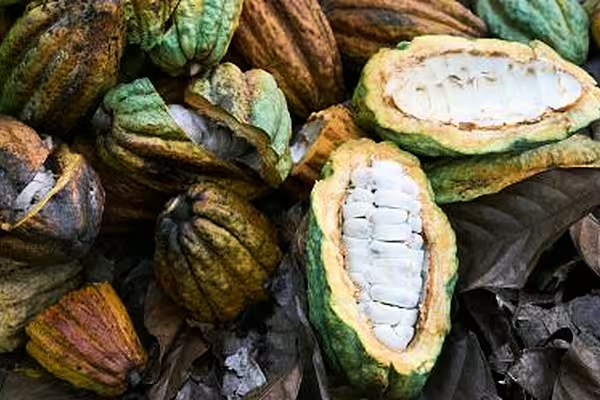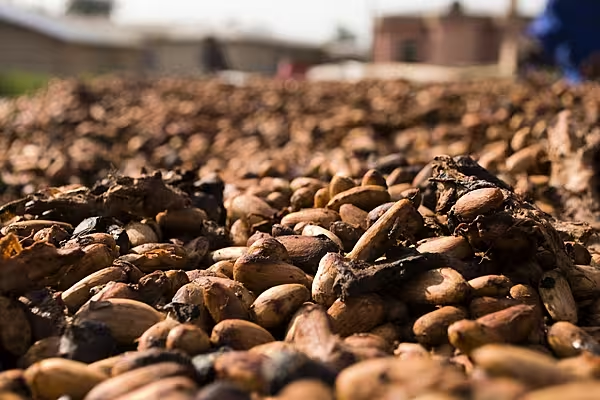The Ivory Coast’s cocoa regulator has suspended purchase and export of cocoa beans for the month of June, sources said on Thursday.
The move was reportedly made to retain sufficient stock for local grinders to keep their factories running.
Local Grinding
In an attempt to avoid shutting processing plants that had run out of stocks due to lower cocoa production and to increase local grinding, an official from the Coffee and Cocoa Council (CCC) told Reuters the organisation decided to close purchases and exports.
A manager of a grinding plant said, “we no longer had any stocks, and it was becoming difficult to buy beans from other exporters.
“Without this decision, it would have been impossible to continue grinding on site.”
Grinders say they need to buy around 250,000 metric tonnes of cocoa beans during the mid-crop in order to ensure a satisfactory supply in processing plants.
'Impossible To Buy Beans'
Ivory Coast’s mid-crop output was expected to come in between 450,000 and 500,000 tonnes this season, down from 555,000 tonnes last year.
However cocoa production and arrivals at ports do not appear to reflect this forecast.
The director of a cocoa company told Reuters, “Everyone is worried because we have contracts to fulfil, but it’s impossible to buy beans until the end of June, and it’s impossible for grinders to reach their targets in just one month.”
A source from the CCC said that while closing purchases and exports was a temporary decision for the month of June, “we’ll see if more time is needed.”
Several sources have reported that European factories waiting for Ivorian beans will have to turn to other sources for their supplies.
Even multinationals such as Cargill, Barry Callebaut, CEMOI and Olan – which supply their factories in Europe – are banned from exporting beans, as are traders.
Another exporter said, “Multinational grinders are only allowed to buy and crush locally.
“They can’t export the beans to their factories in Europe, which also expect Ivorian beans.”
Read More: Ivory Coast Cocoa Grind Down 19.8% Year-On-Year In April









